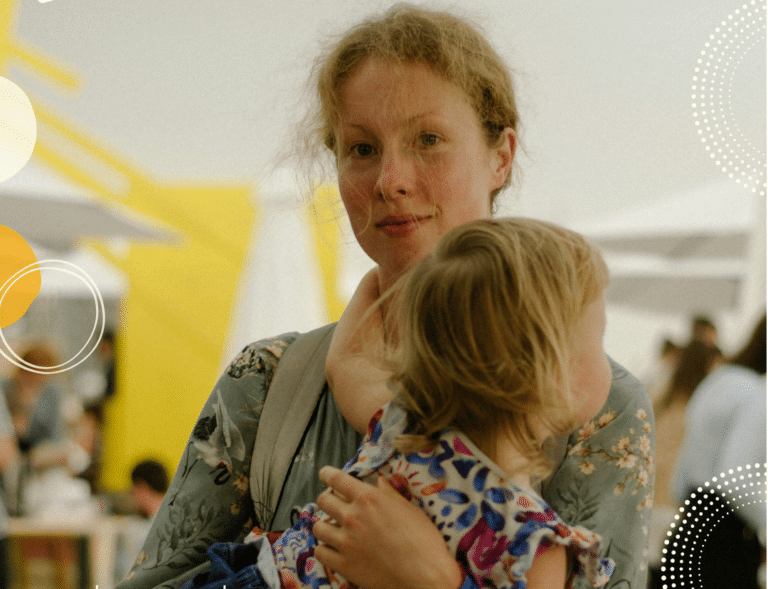Gaining career clarity as a working parent
This is a guest post by career coach Ayesha Murray
Becoming a parent changes the way we see the world. Our values, beliefs and priorities are all subject to scrutiny as we review what’s now important to us and our family. And, of course, this includes our career choices.
Parenthood does have an impact on our career path. And the motherhood penalty is real. But we can make a conscious choice to forge a career path that works for us, emotionally, financially and logistically.
So, how can you make your career work for you as a working parent?
Revisit your values
Understanding what your personal values are in the first place is one thing, revisiting them as a parent is another. Family values are then added to the mix, all of which could affect your career values.
The first step is to revisit your values across those three areas. Examples could be:
- Personal – curiosity, adventure, integrity
- Family – honesty, kindness, trust
- Career – strength, collaboration, creativity
Take some time to work out your values then reflect on these areas and ask yourself whether you’re aligned to them in your home and work life. Are there any overlaps? When do you feel your values bring out the best in you? And which situations do you find jar with your values?
This renewed focus on values will help you make better career choices and ultimately help you find job satisfaction.
Celebrate your successes
A common challenge for many working parents is managing a drop in confidence when faced with conflicting career and home priorities.
You may need to redraw your working patterns. Perhaps you’ve been on parental leave and are finding it hard to re-integrate, or you’re putting pressure on yourself to be the same person you were before you had kids? Revising our expectations isn’t a sign of failure, but a realistic way to manage the work life juggle and mental load that comes with working parenthood.
It’s all too easy to fixate on what’s not working or which spinning plate has fallen, so refocusing on our achievements builds confidence and resilience going forward.
Each day ask yourself these questions:
- What’s gone well for me today?
- What was my role in it (for work related team successes)?
- How does this achievement make me feel?
Allow yourself to enjoy your success, even in a small way.
Avoid falling into the stereotype trap
We are still faced with unhelpful stereotypes, such as assumptions that the majority of childcare falls to the mother. Equity within households comes from open and honest communication with each other, regardless of the family set up.
Talk about your career aspirations and goals with your partner or, if you’re a solo parent, with someone you trust in your support network. Decide on a structure that will work best for all of you and avoid comparing yourself to others.
Map out different scenarios
Modelling different versions of your career – based on long-term aspirations, income requirements and flexibility – can help you see where you need to make adjustments.
For example, if childcare costs are going to substantially impact your income, but there’s real long-term reward in maintaining your career path, then there’s value in that, even if it doesn’t feel like it materially!
And if having more flexibility is a non-negotiable for you, then who do you need to have a conversation with and what are you actually asking for? Where are you going to draw your red lines?
Perhaps this renewed focus on your career choices could throw up some career change options that you haven’t considered until now. What could those scenarios look like and what do you need to do to investigate the opportunities?
Gaining career clarity takes time and effort to understand yourself better and to be clear on your values and boundaries. But with that understanding, and with a clear plan, you can find a rewarding career path that works for you and your family.

Tune in to Episode 22 of The Parent Equation podcast to hear Ayesha’s interview with Anita Cleare!






